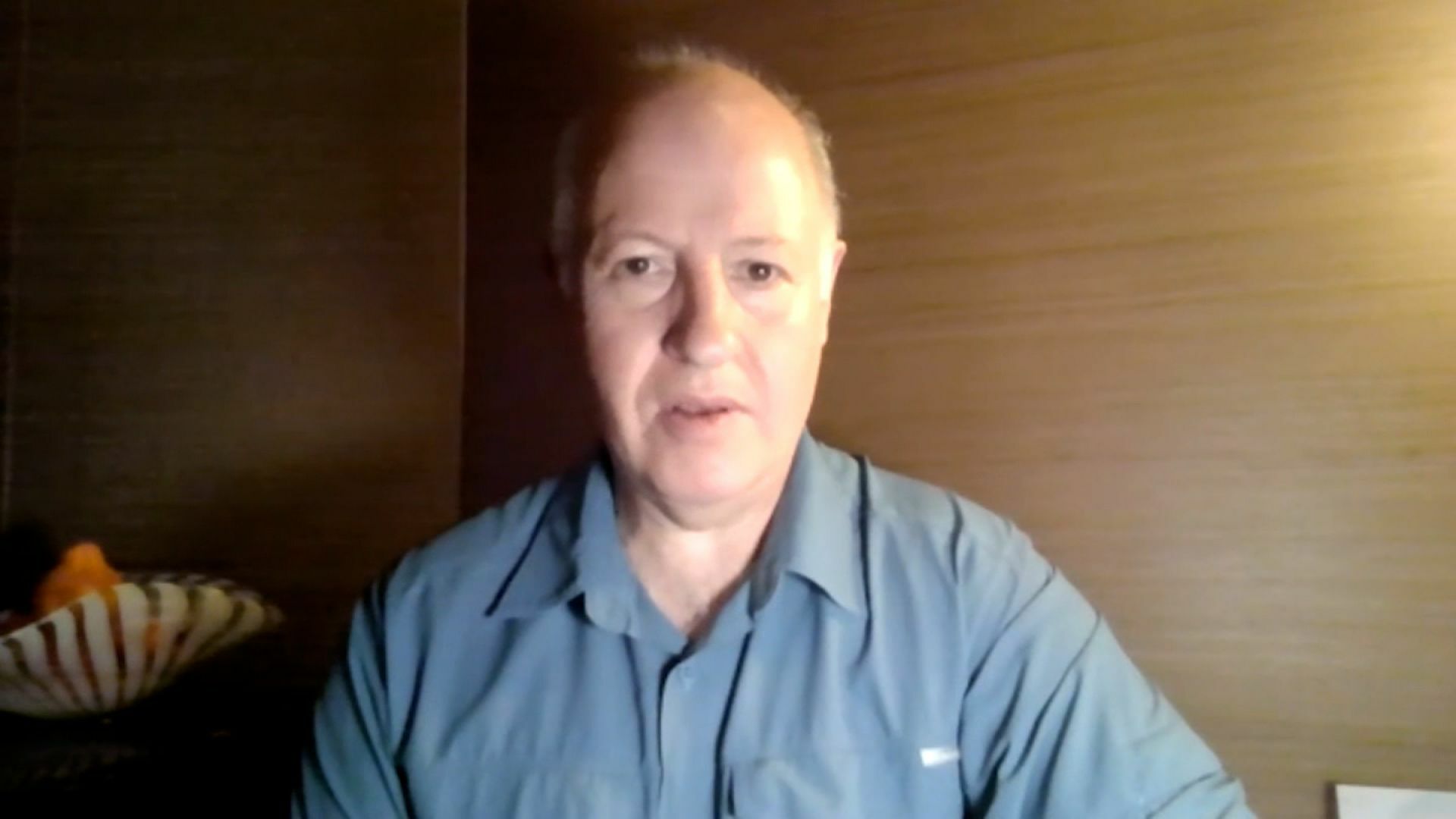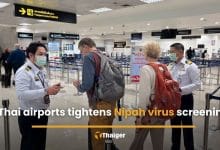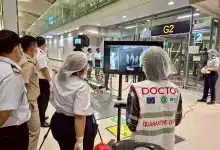British scientist’s findings suggest new cave virus in Thailand

In the heart of Thailand, a cave harbours a virus with an eerie connection to Covid-19, and Dr Peter Daszak, a renowned expert in zoonosis, is sounding the alarm.
Previously dismissed lab leak theories resurface as this cave virus, linked to both SARS-CoV-2 and RATG13, raises questions about its potential to infect humans.
Hailing from Dukinfield, near Manchester, Dr Daszak, with a conviction in the virus’s natural origin, reveals that experiments indicate its ability to attach to human tissue almost as effectively as Covid itself. The cave, where bat feces are aplenty, poses a heightened risk of transmission. Yet, the British scientist reassures that the local population’s exposure to Covid or vaccination provides a shield against this newfound threat.
This cave isn’t just a breeding ground for one virus; it houses a cocktail of pathogens, including one linked to the Moijang virus that claimed lives in Chinese miners back in 2012. EcoHealth Alliance, under Dr Daszak’s leadership, recently received US Government funding for bat coronavirus investigations, fuelling speculations about pandemic-contributing projects.
Critics argue that such ventures, collecting virus samples and analyzing them in lower biosecurity labs, might have played a role in the Covid chaos. Dr Daszak defends the project’s integrity, highlighting the basic technology and BSL-2 labs, contrasting them with the high-security WIV.
Yet, questions linger about the undisclosed 2.6 million British pounds (approximately 116 million baht) funding and experiments at WIV, possibly involving risky gain-of-function studies, reported Daily Mail, UK.
In a shocking twist, accusations fly against the zoologist, claiming he orchestrated a campaign to divert blame from WIV. The Lancet letter, supported by 26 scientists, declared Covid’s natural origin, debunking alternate theories. Unveiled emails show Dr Daszak’s discreet handling, avoiding EcoHealth’s identification, and questions surface about undisclosed ties with WIV during pandemic investigations.
Despite controversies, the British virus expert, now involved in blood sample collection in virus hotspots, emphasises the imminent pandemic threat in South Thailand and Southeast Asia. His plea for trust in local communities and a science-driven WHO is met with a mix of praise and criticism, highlighting the delicate balance in pandemic politics.
Latest Thailand News
Follow The Thaiger on Google News:


























